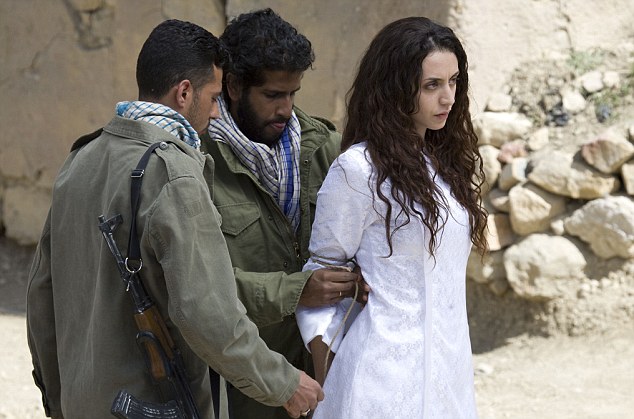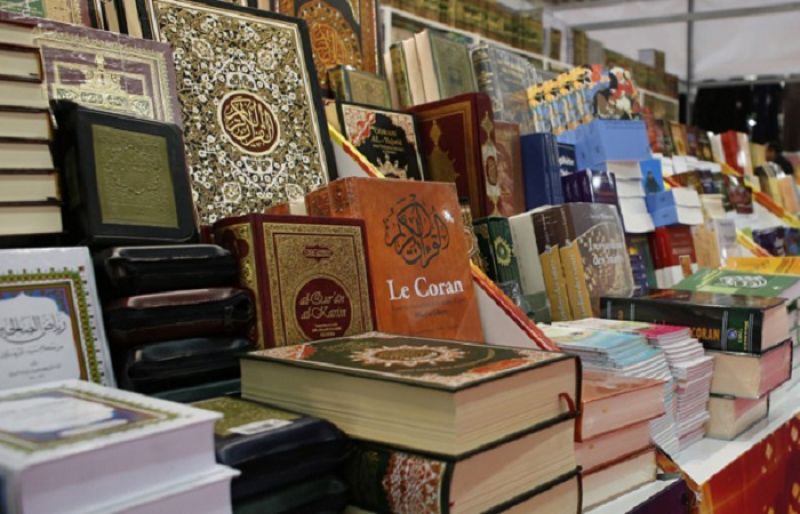
Golrokh Ebrahimi Iraee, an Iranian writer and human rights activist, faces six years in jail for writing an unpublished story about the emotional reaction of a woman after she watches The Stoning of Soraya M – which tells the true story of a woman stoned to death for adultery – enraging the main protagonist to the extent that she burns a copy of the Qur’an.
The story was discovered in September 2014, when men – believed to be members of Iran’s Islamic Revolutionary Guards – greeted Iraee and her husband, Arah Sedeghi, at his workplace and arrested them. With no warrant, the guards then underwent an extensive search of their residence, seizing not only the story but laptops, notebooks and CDs.
Iranian authorities have long included stoning in its judicial system as a means to deter civilians from engaging in acts such as adultery, arguing that the practice protects morality. Stoning, along with Iran’s fierce defence of Islam, has led to a number of people being sentenced to death for “immoral” behaviour. Amnesty International know of at least one woman, Fariba Khaleghi, facing death by stoning.
Iraee’s journey to prison began with a threatening phone-call from the Centre for the Implementation of Sentences, ordering her to present herself to Evin Prison to begin serving her six year sentence for “insulting Islamic sanctities” and “spreading propaganda against the system”, via her unpublished story.
Philip Luther, Amnesty International’s Director of Research and Advocacy for the Middle East and Africa, said: “The charges against Golrokh Ebrahimi Iraee are ludicrous. She is facing years behind bars simply for writing a story, and one which was not even published – she is effectively being punished for using her imagination.”
From the initial detainment until now, Iraee has been denied a number of rights every step of the way. Her first lawyer was pressured into withdrawing from the case, and their successor was barred from reading her court case and representing her, at a time when Iraee needed it the most as she was recovering from a major operation in hospital for the duration of the second court case. Her request to adjourn the hearing was rejected.
As well as the spectacle of a trial, Iraee has not had access to her family. She has been made to undergo long periods of interrogation, sometimes blind-folded and facing a wall, all whilst hearing her husband being threatened with abuse and verbally insulted, only adding to her distress. Sedeghi has since spoken of the physical torture he was subjected to at the hands of the interrogators.
Sedeghi has also been handed down a prison sentence of 15 years for charges such as “spreading propaganda against the system” and “insulting the founder of the Islamic Republic”. A human rights activist, he too was denied access to a lawyer and evidence of his “crimes” came from printed copies of his Facebook messages to journalists and fellow human rights activists across the world.

Britain’s policing was built on racism. Abolition is unavoidable

How Pakistan’s Khwaja Sira and transgender communities are fearing and fighting for their futures

Their anti-rape performance went viral globally. Now what?



